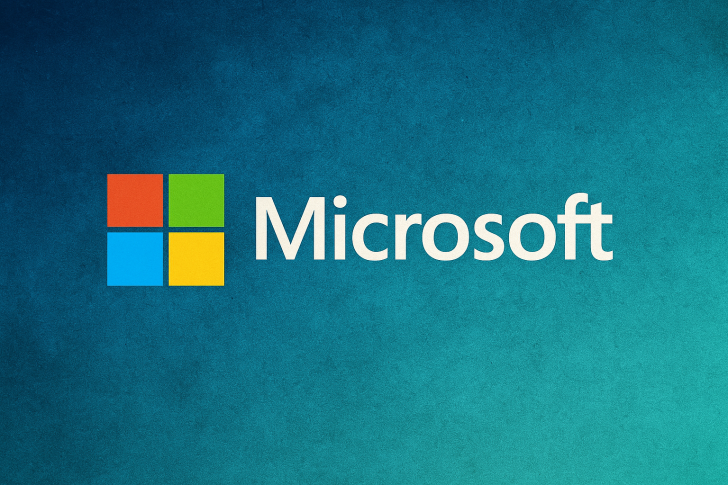Microsoft is quietly testing something that could change how teams work with AI. The company is developing a Group Chat feature for Copilot—its AI assistant built into Windows, Microsoft 365, and Edge—that lets multiple people join the same conversation with the AI at once.
From Assistant to Team Member
First spotted by TestingCatalog News on Twitter, this feature represents a major shift from solo AI interactions to true team collaboration. It also puts Microsoft in direct competition with OpenAI, which is reportedly working on similar functionality for ChatGPT.
Up until now, Copilot has been mostly a personal tool. You ask it to summarize a document, write some code, or draft an email—just you and the AI. Group Chat changes that dynamic entirely. Instead of working alone, multiple people can brainstorm, problem-solve, and create together in a shared space where everyone, including the AI, can contribute. Picture a marketing team refining a campaign together with Copilot's input, or developers debugging code as a group with AI assistance. The tool stops being something you use privately and becomes part of the team itself.
Racing Alongside OpenAI
It's no coincidence that this development mirrors OpenAI's plans to add group features to ChatGPT. Given Microsoft's deep partnership with OpenAI and the fact that GPT-4 powers Copilot, both companies seem to be heading in the same direction: making AI more social and collaborative. This feels like a natural evolution—similar to how email eventually gave way to instant messaging, or how editing documents alone evolved into real-time co-editing in the cloud. The next step is bringing AI into those shared spaces where teams already work.
Microsoft isn't alone in pursuing team-based AI. Google is developing similar features with Gemini for Workspace, and Anthropic offers Claude Teams for group productivity. But Microsoft has a major advantage: its enormous enterprise user base through Office 365 and Teams. If Group Chat integrates seamlessly into the tools people already use every day, it could make collaborative AI as routine as hopping on a video call. The assistant becomes less of a background tool and more of a digital colleague.
Microsoft hasn't announced an official launch date yet, but the fact that early versions are already being tested suggests the feature is moving forward. It'll likely roll out first to enterprise or developer users before reaching the wider Windows 11 and Microsoft 365 audience sometime this year. If it's done well, Group Chat could be one of those rare features that actually changes how people think about working with technology—not just faster or more efficient, but fundamentally different.
 Saad Ullah
Saad Ullah

 Saad Ullah
Saad Ullah


